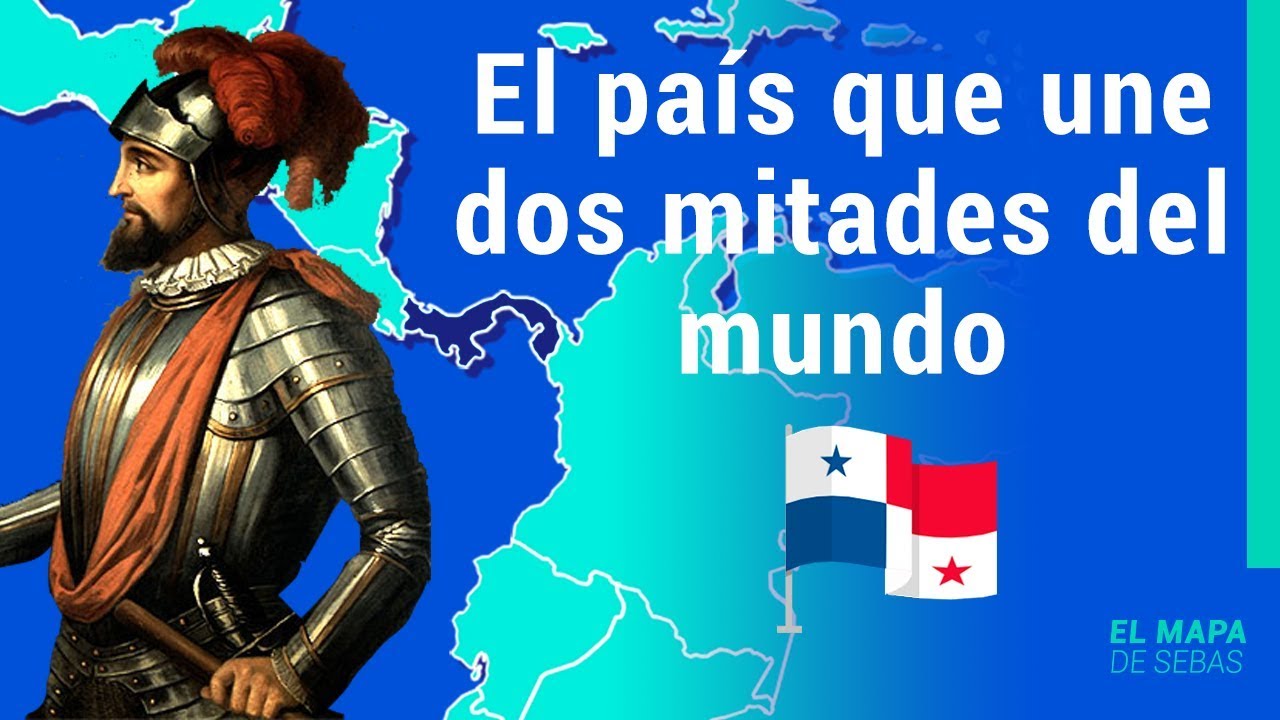What Went Wrong in Sudan?
Summary
TLDRSudan, a country with a tumultuous history of coups and civil wars, continues to face political and economic challenges. Colonized by the British Empire, it inherited ethnic tensions and became a battleground for superpowers, leading to a cycle of conflict. Despite gaining independence in 1956, Sudan has been plagued by sanctions, the loss of oil-rich South Sudan, and military interventions. The 2021 coup further deepened the nation's uncertainty, yet the resilient Sudanese people continue to demand democracy and civilian rule.
Takeaways
- 🏛 Sudan has experienced multiple coup attempts over the past 60 years, reflecting a history of political instability.
- 🌍 The country's troubles are rooted in colonial history, with the British Empire and Egypt's influence creating a divide-and-rule strategy that sowed the seeds of future conflicts.
- 🛑 Sudan's independence in 1956 did not end its geopolitical struggles, as it remained a significant player in regional conflicts and was heavily involved in the Cold War proxy battles.
- 🔫 The term 'Africa's arms dump' highlights Sudan's history of being flooded with weapons by global powers, exacerbating internal tensions.
- 💔 Sudan has endured two devastating civil wars, resulting in massive loss of life and displacement, with the second civil war alone causing around 2 million deaths.
- 🛑 The political instability has had a direct impact on Sudan's economy, creating a vicious cycle of economic downturn and political unrest.
- 🇺🇸 The U.S. imposed sanctions on Sudan in 1997, labeling it a state sponsor of terrorism, which severely limited international trade and access to essential goods.
- 📉 South Sudan's independence in 2011 led to Sudan losing a significant portion of its oil reserves and income, further straining the economy.
- 📈 Despite the lifting of U.S. sanctions in 2017, the long-term effects have left many Sudanese in poverty, with little improvement in living conditions.
- 🗣️ In 2019, widespread protests led to the overthrow of Omar al-Bashir, but the military's continued presence in governance has thwarted democratic progress.
- 🚫 The 2021 coup by the military dissolved the transitional government, plunging Sudan into further uncertainty and resistance from the populace.
Q & A
What is the historical context of the political instability in Sudan?
-Sudan's political instability is rooted in its colonial past, with the British Empire and Egypt investing heavily in the north while leaving the south under tribal leadership and Christian missionaries, creating a divide-and-rule scenario that led to socioeconomic tensions and subsequent civil wars.
How did the British colonial rule impact Sudan's development?
-British colonial rule impacted Sudan by modernizing the north with schools and promoting Islam, while in the south, power was scattered among tribal leaders and the education system was run by Christian missionaries, leading to a divided nation with different levels of development and social structures.
What role did foreign intervention play in Sudan's conflicts?
-Foreign intervention, particularly from world superpowers like the United States and the Soviet Union during the Cold War, exacerbated existing tensions by supplying weapons, which led to Sudan being dubbed 'Africa's arms dump' and contributed to the ongoing armed conflicts.
When did Sudan gain independence and what challenges did it face post-independence?
-Sudan gained independence from British colonial rule in 1956. However, it faced numerous challenges including civil wars, geopolitical importance leading to foreign interventions, and a lack of unity within the country.
How has the term 'Africa's arms dump' been applied to Sudan?
-The term 'Africa's arms dump' refers to the influx of weapons into Sudan from global powers, particularly during the Cold War, which intensified the country's internal conflicts and made it a hotspot for proxy wars.
What were the consequences of the U.S. sanctions imposed on Sudan in 1997?
-The U.S. sanctions in 1997, which lasted for 20 years, crippled Sudan's economy by cutting off most international trade, making essential items like healthcare equipment and airplane parts inaccessible and contributing to the country's economic hardship.
What was the impact of South Sudan's independence on Sudan's economy?
-The independence of South Sudan in 2011 had a significant impact on Sudan's economy as it resulted in the loss of an estimated 75% of Sudan's oil reserves and a substantial portion of its income.
How did the sanctions and the loss of oil reserves contribute to Sudan's poverty levels?
-The sanctions and the loss of oil reserves led to a severe economic downturn, with the result that by 2014, it was estimated that 36% of Sudan's population was living in poverty.
What was the situation in Sudan leading up to the coup attempt in October 2021?
-Prior to the 2021 coup attempt, Sudan was experiencing a deteriorating economy, the effects of the COVID-19 pandemic, and protests calling for military reform and full civilian rule, amidst a backdrop of historical ethnic tensions and political instability.
What was the outcome of the 2019 protests in Sudan?
-The 2019 protests in Sudan led to the overthrow of Omar al-Bashir, a military-backed ruler who had been in power for 30 years. However, pro-democracy groups were unable to force the military out of power, leading to a power-sharing agreement between civilian leaders and military heads.
What are the aspirations of the Sudanese people as expressed in the script?
-The Sudanese people, as expressed in the script, are seeking to remove the military from power, have democratic elections, and establish a civilian government to take charge of their own fate, which they have been denied for a long time.
Outlines

このセクションは有料ユーザー限定です。 アクセスするには、アップグレードをお願いします。
今すぐアップグレードMindmap

このセクションは有料ユーザー限定です。 アクセスするには、アップグレードをお願いします。
今すぐアップグレードKeywords

このセクションは有料ユーザー限定です。 アクセスするには、アップグレードをお願いします。
今すぐアップグレードHighlights

このセクションは有料ユーザー限定です。 アクセスするには、アップグレードをお願いします。
今すぐアップグレードTranscripts

このセクションは有料ユーザー限定です。 アクセスするには、アップグレードをお願いします。
今すぐアップグレード関連動画をさらに表示

A Super Quick History of Myanmar (AKA Burma)

🇵🇦HISTORIA de PANAMÁ en 13 minutos [resumen]🇵🇦 - El Mapa de Sebas

Humanitarian Intervention In South Sudan Case Study | Simulation

🇩🇴HISTORIA de REPÚBLICA DOMINICANA en 15 minutos [resumen]🇩🇴 - El Mapa de Sebas

EUA: Da Falência à Maior Potência Mundial!

How The Al-Assad Family Came To Dominate Syria | Syria Documentary
5.0 / 5 (0 votes)
